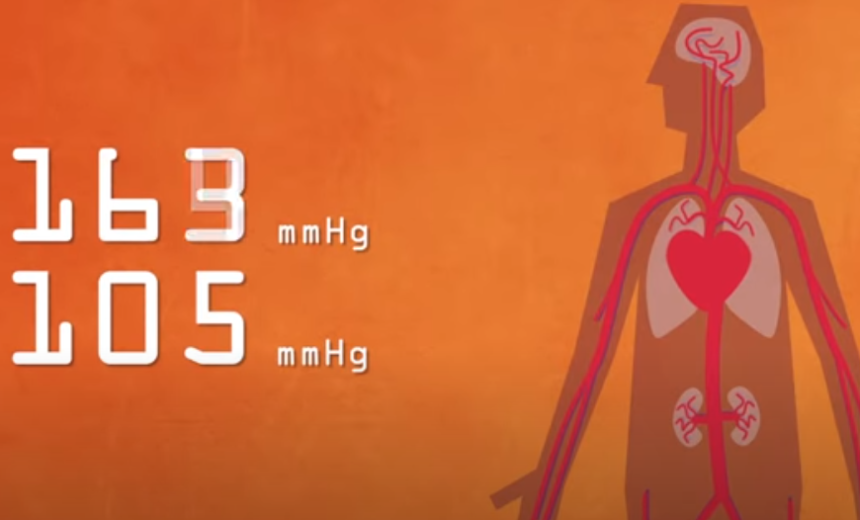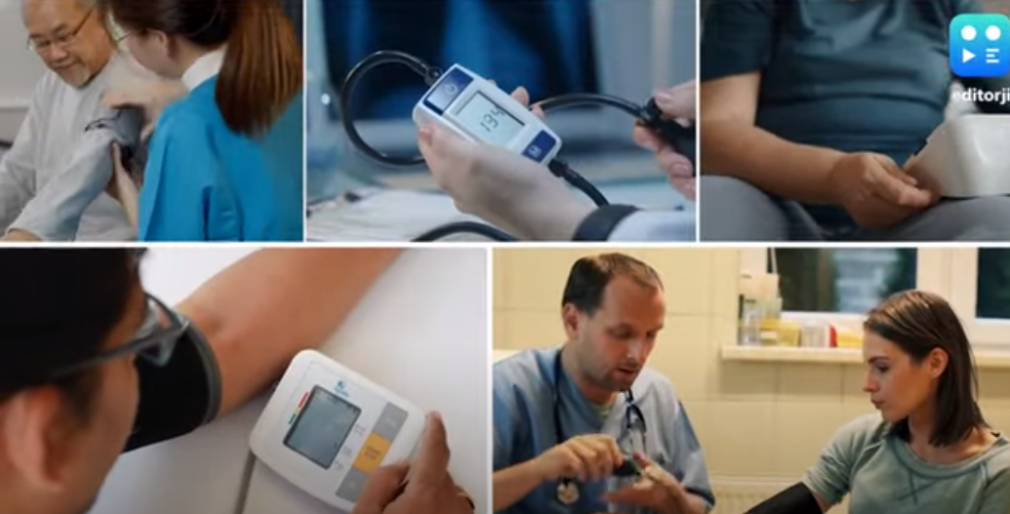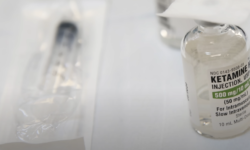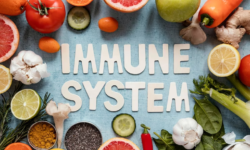Observing Hypertension Awareness Month and Its Importance

Hypertension, commonly known as high blood pressure, affects millions of people worldwide, silently increasing the risk of serious health complications. To raise awareness and promote preventive measures, Hypertension Awareness Month is held annually.
In this article, we look at the significance of this month-long campaign, exploring the impact of hypertension, its causes, possible complications, and preventive strategies for living a healthy lifestyle.
Understanding Hypertension
Hypertension is a condition in which the force of blood pressure on the walls of the arteries is consistently too high. This condition is often called the “silent killer” because it usually has no noticeable symptoms. However, if left untreated, hypertension can lead to serious health problems such as heart disease, stroke, kidney problems, and even dementia.
The Importance of Hypertension Awareness Month
Hypertension Awareness Month serves as a vital platform to educate people about the risks associated with high blood pressure and the importance of early detection. Its goal is to encourage people to monitor their blood pressure regularly, make lifestyle changes, and seek timely medical attention when needed.
What events can be held at Hypertension Awareness Month?
Hypertension Awareness Month is a great opportunity to organize a variety of events to raise awareness, educate and promote healthy lifestyles. These events can engage individuals, communities, healthcare providers, and organizations to work together to combat this condition. Here are some ideas for events:
- Health Fairs and Screening Camps: Organize health fairs and screening camps where people can get their blood pressure checked. These events can include other health assessments, such as body mass index measurements, cholesterol checks, and diabetes screenings;
- Educational seminars and workshops: Hold workshops and seminars to educate the public about hypertension, its causes and possible complications. Experts in the field can share insights on prevention, early detection, and treatment options;
- Webinars and online campaigns: Take advantage of the power of technology to reach a wider audience. Organize webinars with prominent medical professionals and researchers to discuss various aspects of hypertension;
- Community walks and exercise programs: Encourage physical activity by organizing community walks or exercise programs. Encourage participants to engage in aerobic exercises, such as walking, jogging, or bicycling, which can help lower blood pressure;
- Workplace wellness initiatives: Partner with companies and organizations to implement workplace wellness programs;
- Support groups and peer counseling: Create support groups where people with hypertension can connect, share experiences, and receive emotional support. Peer counseling can play an important role in motivating people to stick to a treatment plan and live a healthier lifestyle;
- Collaborate with local healthcare providers: Collaborate with local hospitals, clinics, and healthcare providers to provide educational materials, brochures, and posters about hypertension in waiting areas and community centers;
- Media campaigns: Reach a wider audience with media campaigns. Work with local newspapers, radio stations, and television stations to publish articles, interviews, and segments related to hypertension. This will help raise awareness, share success stories, and provide practical advice on managing high blood pressure;
- School and college programs: Involve students in awareness programs in schools and colleges. Hold interactive sessions, workshops, and contests to educate them about the importance of making healthy lifestyle choices. Encourage them to spread the word to their families and friends;
- Partner with local pharmacies: Partner with local pharmacies to get free blood pressure checks for a month. Offer educational materials and counseling on medication adherence, lifestyle changes, and the importance of regular checkups.
Remember, the key to successful Hypertension Awareness Month activities is providing accurate information, promoting healthy habits, and encouraging people to be proactive about managing their blood pressure.
The Link Between Hypertension and Complications

Hypertension can have far-reaching effects on overall health. It puts extra strain on the heart, resulting in thickened and hardened arteries. Over time, this can lead to heart disease, heart failure, and other cardiovascular conditions. In addition, it can impair kidney function, contribute to vision loss, and increase the risk of cognitive decline and dementia.
Preventive Strategies
Hypertension is largely preventable and treatable with certain lifestyle changes. Here are some preventive strategies to help maintain healthy blood pressure levels:
- Healthy eating: A balanced diet rich in fruits, vegetables, whole grains, lean proteins, and low-fat dairy products can promote heart health and reduce the risk of developing hypertension;
- Regular exercise: Engaging in physical activity for at least 30 minutes most days a week can help control weight, improve cardiovascular fitness, and lower blood pressure;
- Weight control: Maintaining a healthy weight through a combination of a nutritious diet and regular exercise can significantly reduce the risk of hypertension;
- Limiting salt intake: Reducing sodium intake by avoiding processed foods and using herbs and spices to flavor dishes can help maintain healthy blood pressure levels.
Also, limiting alcohol intake and moderate caffeine consumption can help regulate blood pressure.
Conclusions
Hypertension Awareness Month is an opportunity for individuals, communities, and medical organizations to come together and address the growing burden of high blood pressure. By raising awareness of the risks, causes, and prevention strategies, we can encourage people to take control of their health.
This will lead to a significant decrease in the number of complications associated with hypertension. Let’s strive to make hypertension a thing of the past and promote a healthy life for all.








